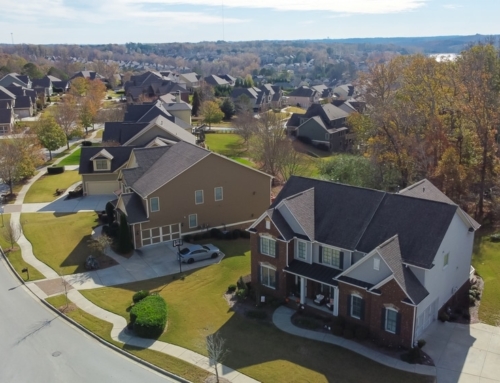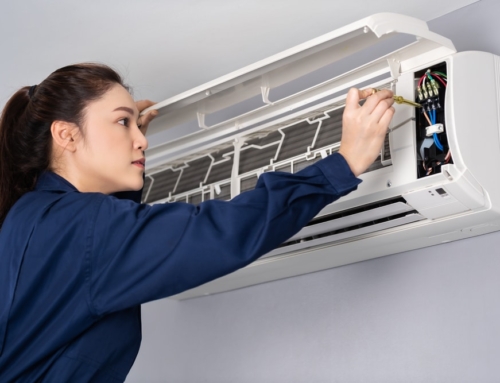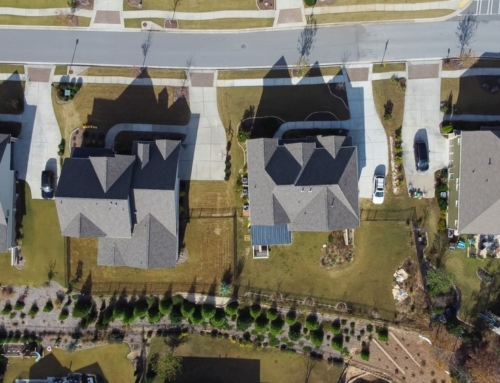When it comes to common plumbing problems, here’s one you won’t see that often: a reader’s condo doesn’t have cold running water in the kitchen. How do you resolve this (un) common plumbing problem? It may not be that easy, and there’s a question about whether the seller knew there was a plumbing issue before listing the property.
Q: We recently bought a condo in Chicago and discovered that it has no cold (or potable) water in the kitchen. The condo fee covers water.
From my conversations with the condo building’s management company, fixing the problem entails replacing a major valve in this large building and is a major undertaking. They give no estimate about when the work might be done, if ever.
Should this plumbing problem have been disclosed to us at purchase, and would it require disclosure at an eventual sale? Would we be justified in asking for a reduction in the monthly assessment fee, retroactively? If we got a reduction, would that let management off the hook for fixing the problem?
What’s Causing this (Un)common Plumbing Problem?
A: It sounds obvious to say, but we think you’re entitled to be able to turn on the tap in your kitchen and get cold, drinkable, usable water. While we don’t know the details regarding the plumbing in the building, past plumbing problems, and any other particulars of the kitchen itself, it is perfectly reasonable to expect that your kitchen and bathroom fixtures have hot and cold running water.
We’re wondering what caused this kind of plumbing problem and whether any other units are experiencing the same problem. Was the kitchen rebuilt or relocated within the unit to cause the water problem? Assuming the kitchen is original to the building, it’s unclear why your unit has (presumably hot) but not cold water.
While peculiar, it’s not unusual that one condo unit in a building will have a problem that does not impact other condo owners. Examples include roof leaks, window problems, foundation issues like cracks or settling, water infiltration or, as in your case, a plumbing problem.
Who’s Responsible for Fixing Plumbing Problems?
The condominium documents probably state that the association is responsible for the repair and maintenance of the common areas and elements of the building. Your plumbing problem, as described, seems to fall under that description and we believe you should be able to rely on the documents that bind all the unit owners together as part of the association and govern how the owners interact with each other and what the association should do for all the owners.
But there’s a lot we don’t know. We don’t know the costs involved or other circumstances surrounding the lack of water to your unit. We also don’t know if the association has made attempts to fix the plumbing problem and if they have made a serious attempt, why it has been unable to resolve it.
If the central issue is that it just costs a lot to repair the valve, well that’s too bad. There are times that buildings need to make certain repairs even when the costs are high. If the roof were the association’s responsibility, we doubt the building would refuse to replace the roof if it needed replacement even if the leaking only affected one unit.
When to Talk to the Condo Association about Your Plumbing Problem (or any other)
Go back to the association management team to get more information. You want to know when the plumbing problem was discovered, how it was investigated, what possible solutions there are and their timetable for fixing the issue. If they refuse to talk to you or give you the information you seek, you should talk to the president of the homeowners association and ask for the same information. You might also ask for the past two years of building board meeting minutes to see if the issue came up in those meetings and what was said about it. (You can also start attending monthly condo board meetings to raise the issue.)
Once you have that information, you will be able to evaluate whether your seller knew or should have known about this plumbing problem. (Some of our astute readers will wonder why you or your professional home inspector – if you hired one – didn’t discover that the cold water wasn’t working in the kitchen. That’s a good question to ponder since in our view, an inspector should turn on all taps to test water pressure.)
If the sellers knew about it (and we think they probably did) then they should have disclosed it to you. Not having cold water in a kitchen is a big deal, which the building management has confirmed by indicating the repair will cost a significant amount.
After you do this research, you should talk with an attorney who has experience in seller disclosure issues and condo lawsuits to determine whether you have an action against the seller and if it will be worth going after the seller for your damages. But you should also explore the possibility that you’ll have to sue your building to fix your plumbing problem.
Ask the attorney as to whether you have any case against the seller on this issue and whether it will be worth pursuing r if you have been damaged economically. Having to sell condo that has no cold running water is a plumbing problem that will likely depress your home’s value. Having this become a publicly known issue might become a black mark on the entire condo building, as will filing a lawsuit.
It’s no fun to replace building valves and pipes and the whole thing can be expensive, time-consuming and annoying. Even so, not having cold running water is a nonstarter. Be sure to let us know how things work out.
Related Articles
What You Need to Know About Being a Condo Owner
Navigating Rules and Rights in Your Condo Association
Move-In Maintenance: How First-Time Homeowners Can Get To Know Their Home







I have developed the same problem at my condo in nyc. Never had this issue in the 10 years I have had my place.
Building seems to be dragging its tail on getting a plumber to look into it. Meanwhile both my cold water and hot water are boiling hot water and burn the skin.
Wondering what I could do to get the management move faster? Should I complain to the city? Do I need to hire a lawyer to sue management? Do I have a case?
If anyone has good advice I would appreciate hearing from you.
Thank you